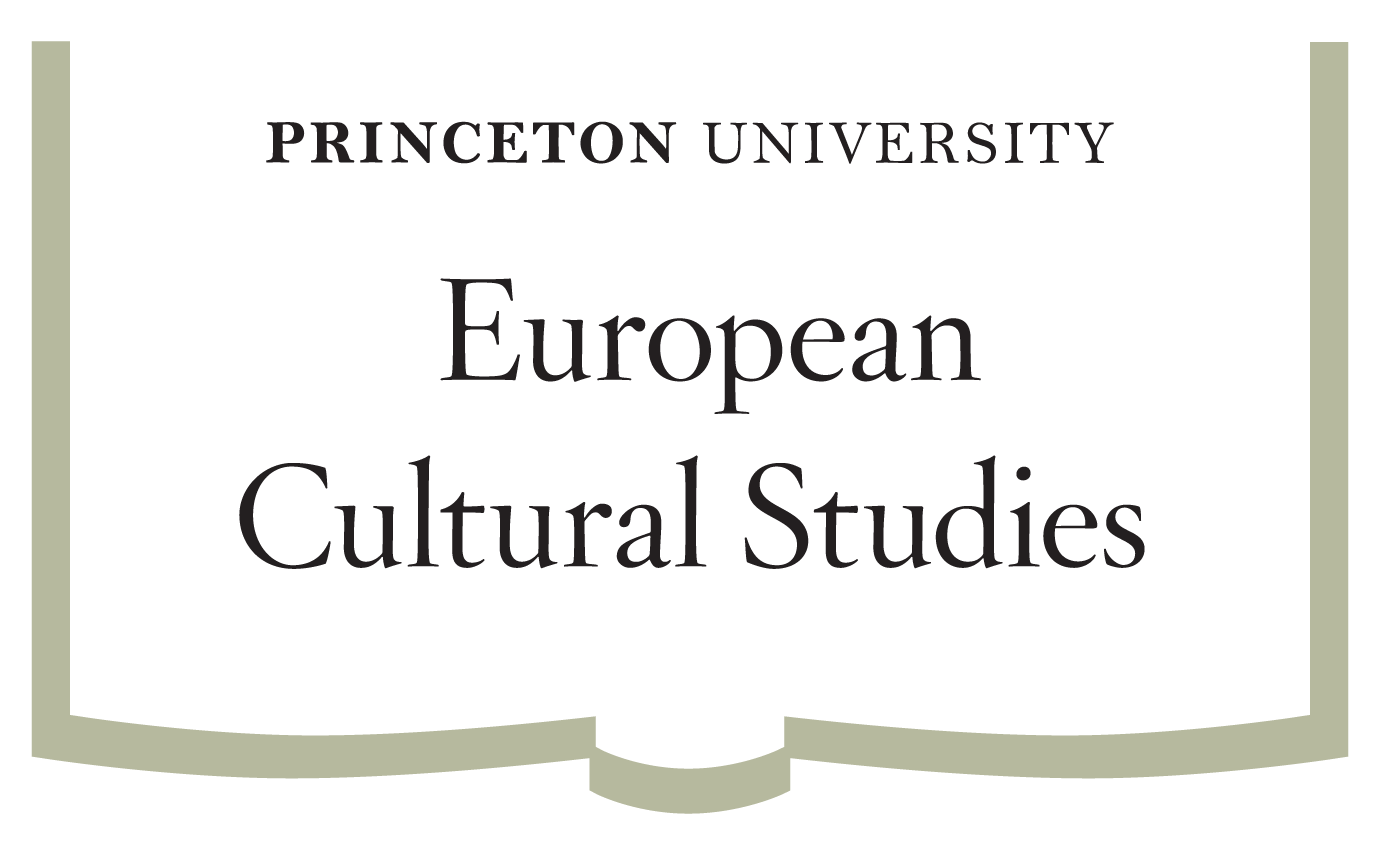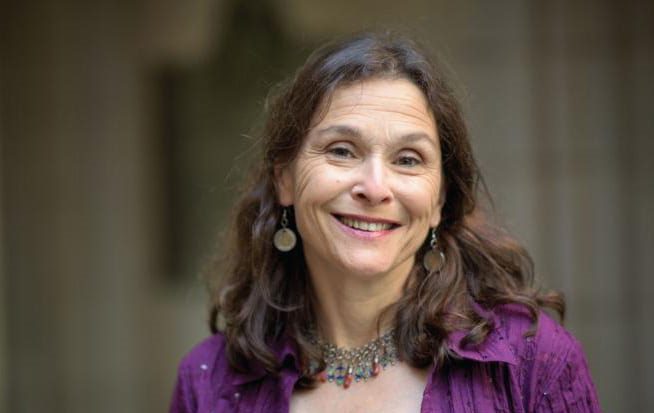Esther Schor earned her BA in English and Music and Ph.D. in English from Yale, with a couple of years’ work in publishing in between. At Princeton, her courses revolve around two centers: British Romanticism; and Literature, Scripture and Religion. In the former circuit, recent courses include Xtreme Romanticism, Chameleons and Impostors in the Romantic Era, Romantic Poetry and Poetics, Romantic Historicism, Romantic Drama, and Travel Literature; courses in the latter include Confessions; Job, Literature and Modernity; Underworlds; and Bible, Criticism and Theory. In 2015, she became the Inaugural Behrman Professor in the Humanities Council and served as Acting Chair for 2017-2018. She has taught one the Humanities Sequence several times including the capstone course in 2017-2018. For many years, she has served on the Executive Committee of the Program in Jewish Studies, where she teaches American Jewish Literature, Introduction to Judaism, and Yiddish literature in Translation.
She writes in many modes, for many audiences. For academic audiences, she has written Bearing the Dead: The British Culture of Mourning from the Enlightenment to Victoria (Princeton, 1994) and edited (or co-edited) the Cambridge Companion to Mary Shelley, The Other Mary Shelley: Beyond “Frankenstein” (Oxford, 1993), and Women’s Voices: Visions and Perspectives (McGraw-Hill, 1990). For a wider audience, she recently published Bridge of Words: Esperanto and the Dream of a Universal Language (Henry Holt/Metropolitan, 2016), a hybrid of cultural history and memoir based on seven years of experience in the Esperanto community. Her biography Emma Lazarus (Nextbook/Schocken), which won the 2006 National Jewish Book Award, has recently been issued in paperback; as an offshoot from this project, she has curated exhibitions on Lazarus for the American Library Association and the Museum of Jewish Heritage.
Her poems, some of them based on historical research, have appeared in two volumes: Strange Nursery (Sheep Meadow) and The Hills of Holland(Archer). In 2016 she received a residency in Venice to write a sequence of poems about the 17th c. Venetian intellectual Sarra Copia Sullam. Her essays and reviews have appeared in Raritan, The New Republic, Tablet Magazine, The TLS and European Romantic Review, among other venues.













